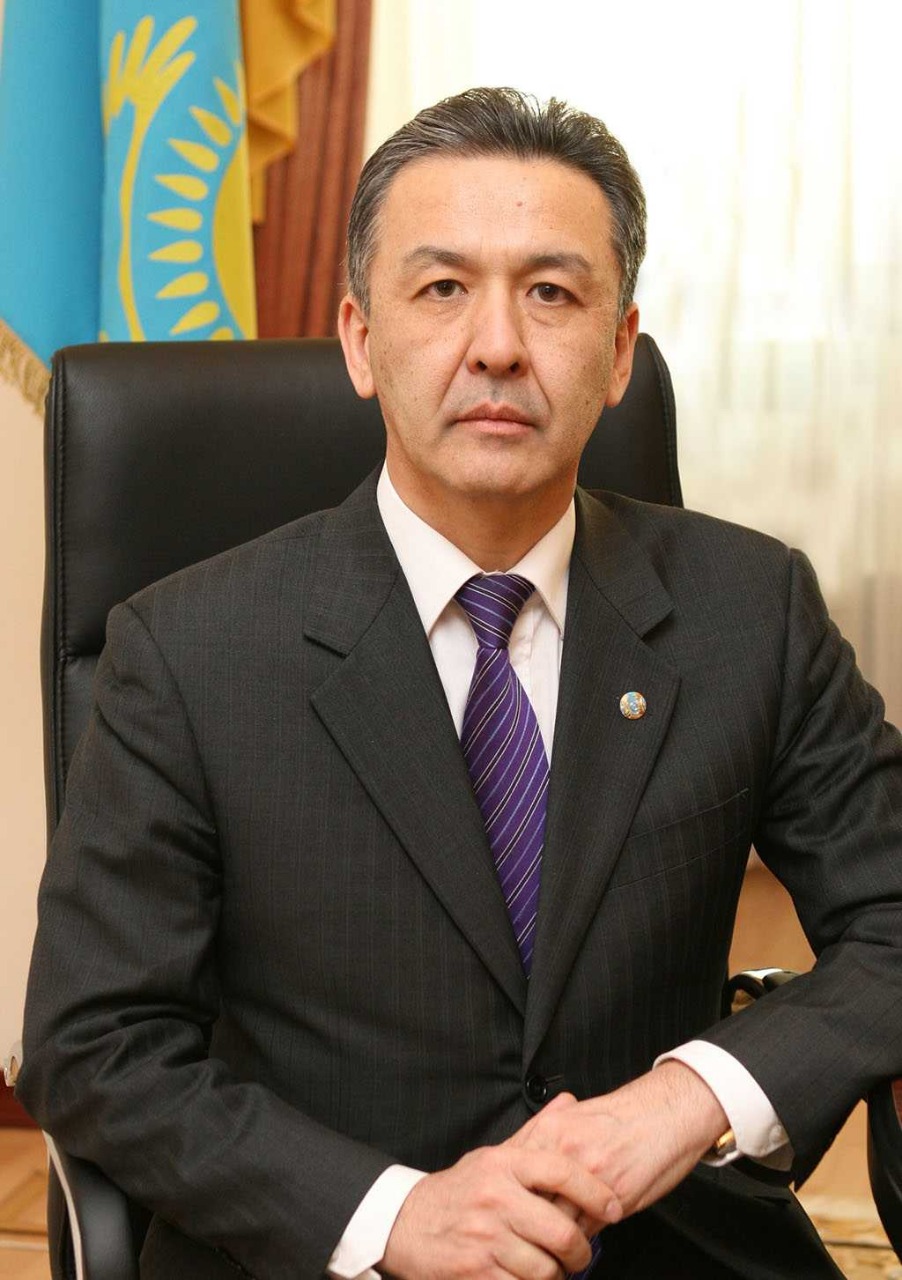CAPACITY BUILDING IN HIGHER EDUCATION
Within the framework of Erasmus+ CBHE the European Union supports the projects aimed at achieving long-term impact on universities and HE systems in the Partner Countries.
Capacity-Building Projects are transnational cooperation projects based on multilateral partnerships primarily between higher education institutions (HEIs) from 34 Programme and more than 150 Partner Countries. The Programme Countries contributing financially to Erasmus+ are the 28 EU Member States plus Iceland, Liechtenstein, Norway, Serbia, Turkey and the Former Yugoslav Republic of Macedonia. Kazakhstan is a Partner Country eligible to take part in CBHE component.
Capacity-Building Projects are aimed at using HEIs as a vector to deliver the knowledge requirements for economic development through job creation, better governance, increased entrepreneurship and mobility, and a stronger civil society. Enhancing management, governance and innovation capacities, and the internationalisation of HEIs as well as modernising education systems is one of the expected impacts of the action together with regional and cross regional cooperation.
There are two types of capacity-building projects in higher education: Joint Projects and Structural Projects.
Joint Projects aimed at producing outcomes that benefit principally and directly the organisations from eligible Partner Countries involved in the project. These projects typically focus on three different categories of activities:
- curriculum development;
- modernisation of governance, management and functioning of HEIs;
- strengthening of relations between HEIs and the wider economic and social environment.
Structural Projects: aimed at producing an impact on higher education systems and promoting reforms at national and/or regional level in the eligible Partner Countries. A mandatory condition for the implementation of structural projects is involvement of national authorities. These projects typically focus on two different categories of activities:
- modernisation of policies, governance and management of higher education systems;
- strengthening of relations between higher education systems and the wider economic and social environment.
- The projects must clearly address the national/regional priorities defined for the Partner Countries in each category.
 For the period of 50 years Karaganda Industrial University, founded in 1963, has become one of the leading higher ...
For the period of 50 years Karaganda Industrial University, founded in 1963, has become one of the leading higher ...































